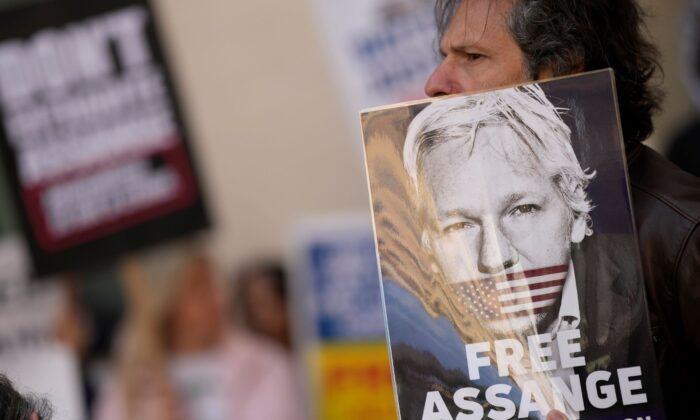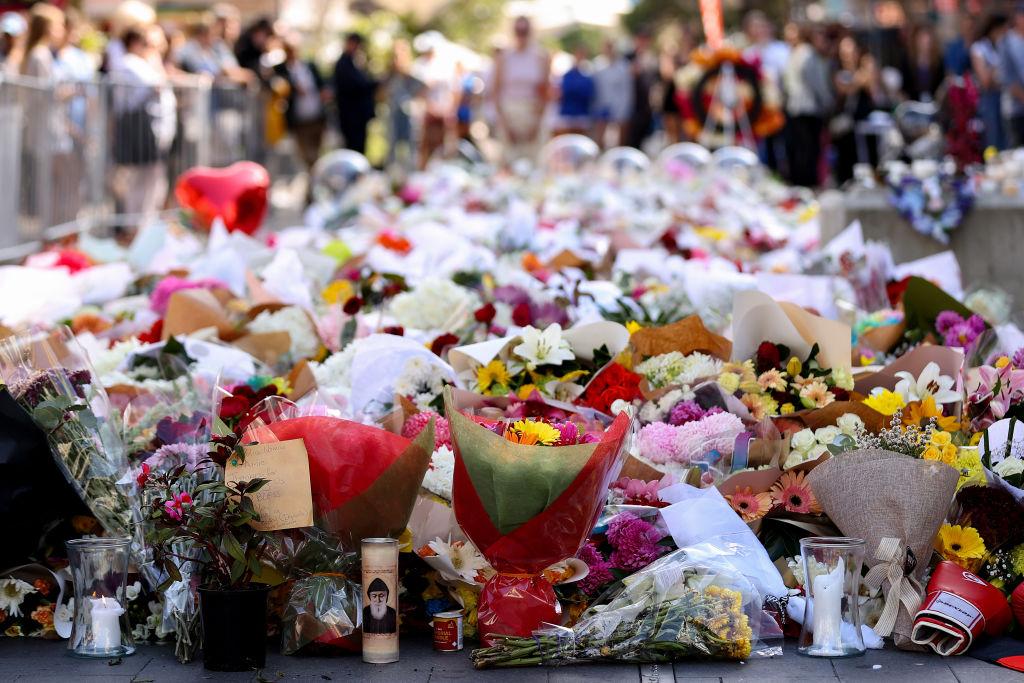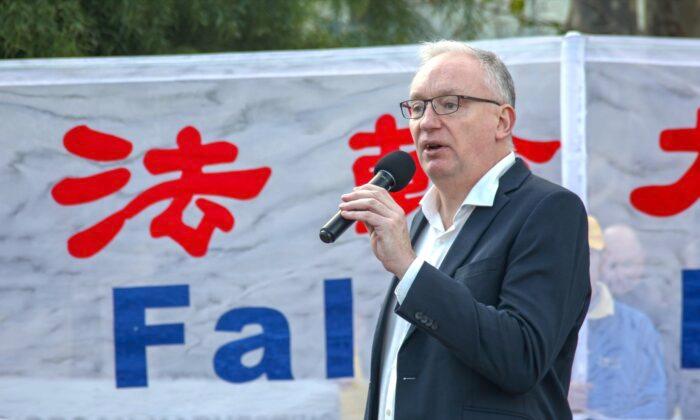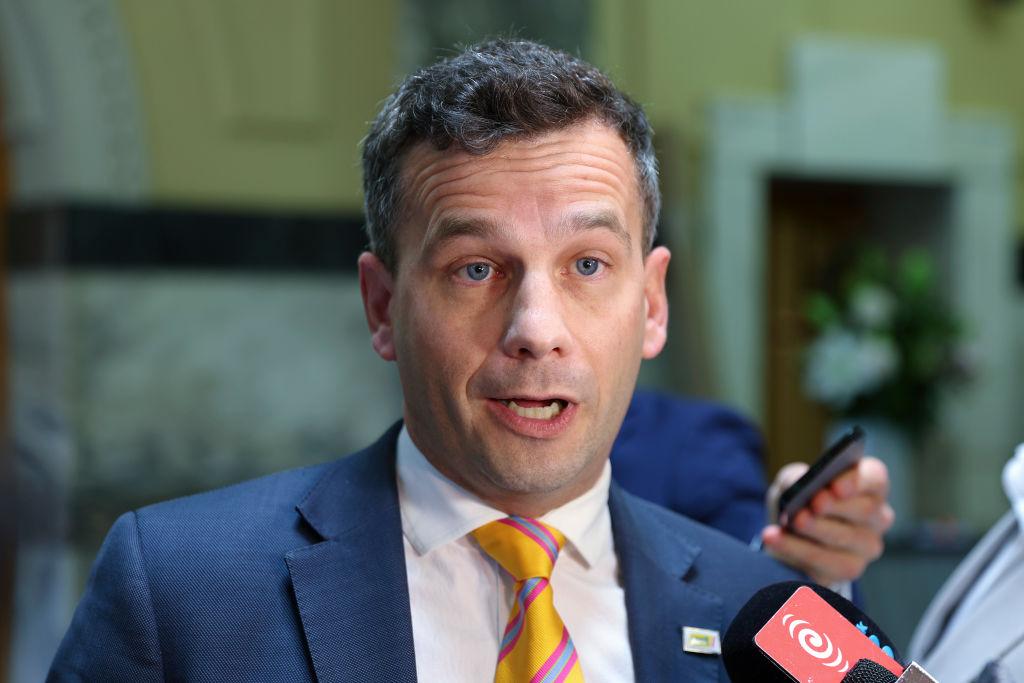Politicians from Australia and the UK, from all political leanings, have asked U.S. Attorney-General Merrick Garland to end all extradition attempts for WikiLeaks founder Julian Assange.
In an open letter, 48 Australian parliamentarians from the government, opposition, and crossbench said extradition would set a “dangerous precedent” for freedom of the press and be “needlessly damaging” for the United States as a world leader in freedom of expression.
“If the extradition request is approved, Australians will witness the deportation of one of our citizens from one AUKUS partner to another—our closest strategic ally—with Mr Assange facing the prospect of spending the rest of his life in prison,” the letter reads.
The MPs and senators noted that Assange has been “effectively incarcerated” for over a decade, while the person who leaked the classified information, Chelsea Manning, has “been able to participate in American society since 2017.”
“A clear majority of Australians consider that this matter has gone on for far too long and must be brought to a close,” the letter says.
“We implore you to drop the extradition proceedings and allow Mr Assange to return home.”
Assange’s father, John Shipton, previously said that his son’s incarceration was “excoriating and scarring” for him and his family.
“After 14 years, you no longer use the term hope,” he said in March.
But he was heartened at the growing support for his release from across the political spectrum.
“The incoming tide is now turning into a tsunami of support,” he said.
“You don’t need to be a weatherman to see which way the wind’s blowing.”
Similarly, 35 UK MPs and Lords from six parties have written to Garland requesting that the attorney general uphold the First Amendment of the U.S. Constitution and drop the extradition proceedings to allow Assange to return to Australia.
“This April 11 marks the fourth anniversary of Mr Assange, an award-winning journalist and publisher, being detained in His Majesty’s Prison Belmarsh in London, where he awaits a decision on extradition to the United States of America,” the letter says.
The parliamentarians said extradition to the United States would have a “chilling impact” on journalism and set a dangerous precedent for other journalists and media organisations.
Dragged On For Too Long
Greg Barns, the spokesperson for the Australian Assange Campaign, told the AAP that legislators from around the world were eager for the case’s conclusion.It was especially critical for Washington to understand the level of support for Assange among Australian MPs for the extradition proceedings to an end.
“There has been bipartisan support for a long period of time, but what this letter says in print is the extent of that diversity,” Barns said.
“That is a reflection of the Australian community [because] a lot of people think no matter what Assange has done, enough is enough.”
He noted that he was unaware of anyone else subject to “inhumane” conditions while yet to be formally charged with a criminal offence.
Foreign Affairs Minister Penny Wong said Assange’s release was not an issue the Australian government could resolve.
“But I again make the point that there is a legal process that is in accordance with the tradition of the separation of powers, which I regard as an important part of democracy.
“We are doing what we can between government and government, but there are limits to what that diplomacy can achieve.”
In 2022, Prime Minister Anthony Albanese told Parliament that it was “time that this matter be brought to a close.”
“I don’t have sympathy for Mr Assange’s actions, on a whole range of matters. But, having said that, you have to reach a point whereby what is the point of this continuing, this legal action, which could be caught up now for many years into the future?
“So I will continue to advocate, as I did recently in meetings that I have held.”





